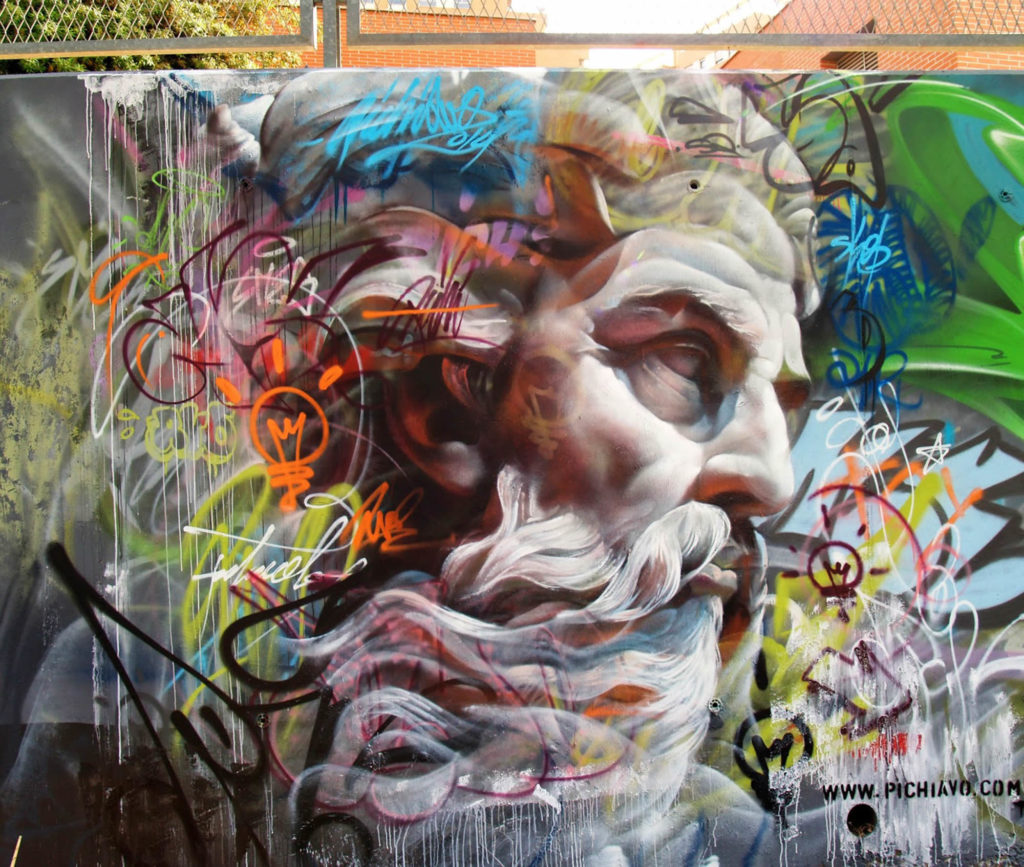Graffiti Trick Against the Persians May 3, 2018
Author: Beach Combing | in : Ancient , trackbackThis is an early example of operational psychology in battle. We are in 480 BC and a massive Persian fleet is heading south along the Greek coast to meet the allied Greek navy. However, within the Persian flotilla, are the ships of the Ionian cities of Asia Minor, Greek-speaking communities who, just ten years before, had been helped by Athens in their own helpless rebellion against the Empire. Themistocles, meanwhile, is the crafty-cunning-sly Athenian demagogue, setting the foundations for a great Greek victory at Salamis.
Themistocles… picked out the seaworthiest Athenian ships and made his way to the places where drinking water could be found. Here he engraved on the rocks words which the Ionians read on the next day when they came to Artemisium. This was what the writing said: ‘Men of Ionia, you do wrongly to fight against the land of your fathers and bring slavery upon Greece. It would best for you to join yourselves to us, but if that should be impossible for you, then at least now withdraw from the war, and entreat the Carians to do the same as you. If neither of these things may be and you are fast bound by such constraint that you cannot rebel, yet we ask you not to use your full strength in the day of battle. Remember that you are our sons and that our quarrel with the barbarian was of your making in the beginning.’ (Book 8, Herodotus)
The Athenians, then, apparently wrote graffiti in Greek at the watering holes in a language that only their Ionian cousins could read. Did Themistocles’ trick work? Certainly, Xerxes the Persian God-King mistrusted the Ionians. Other accounts, though, describe the Ionians carrying out great deeds against their ‘parents’ at Salamis. More psychological tricks in ancient warfare: drbeachcombing AT gmail DOT com



